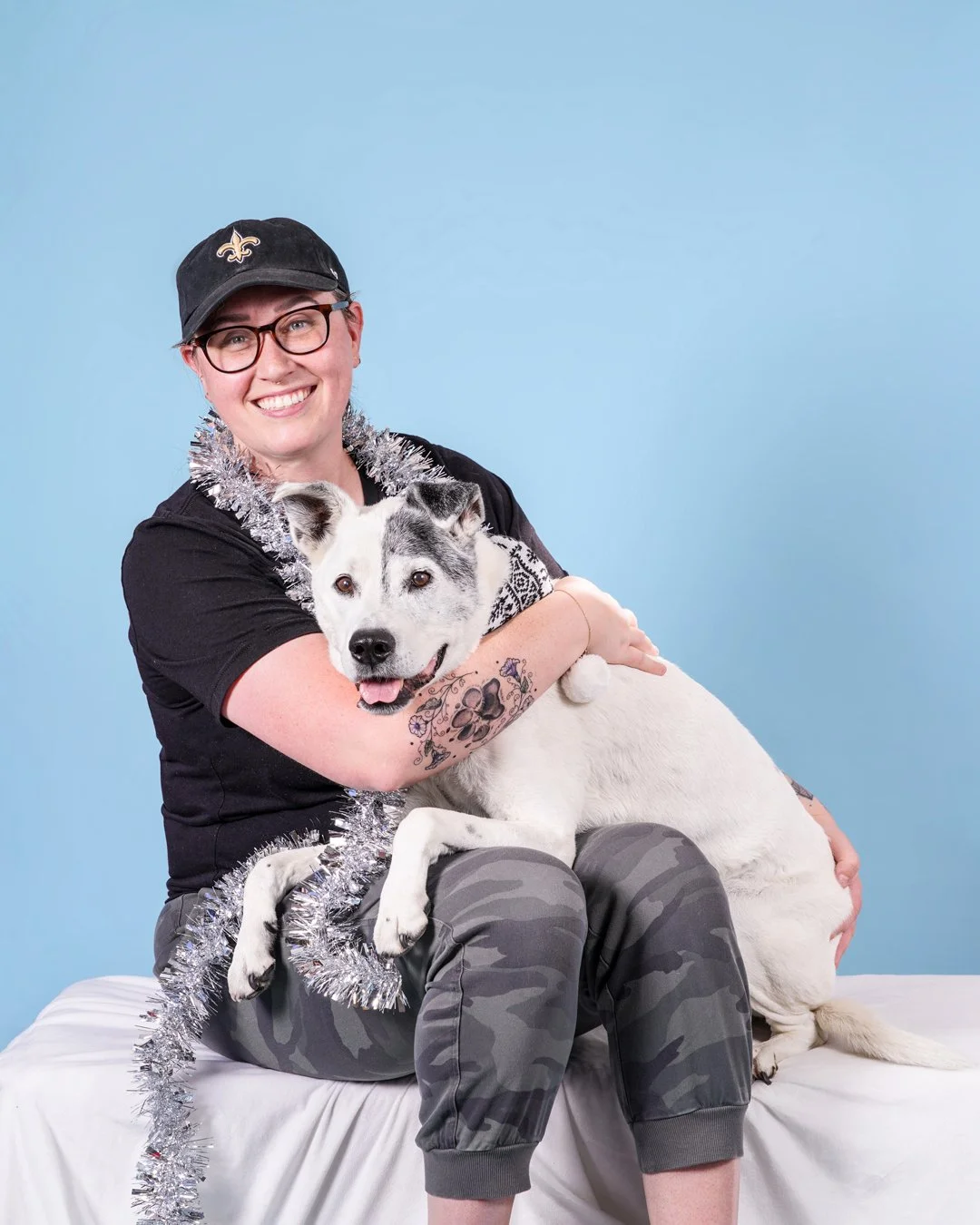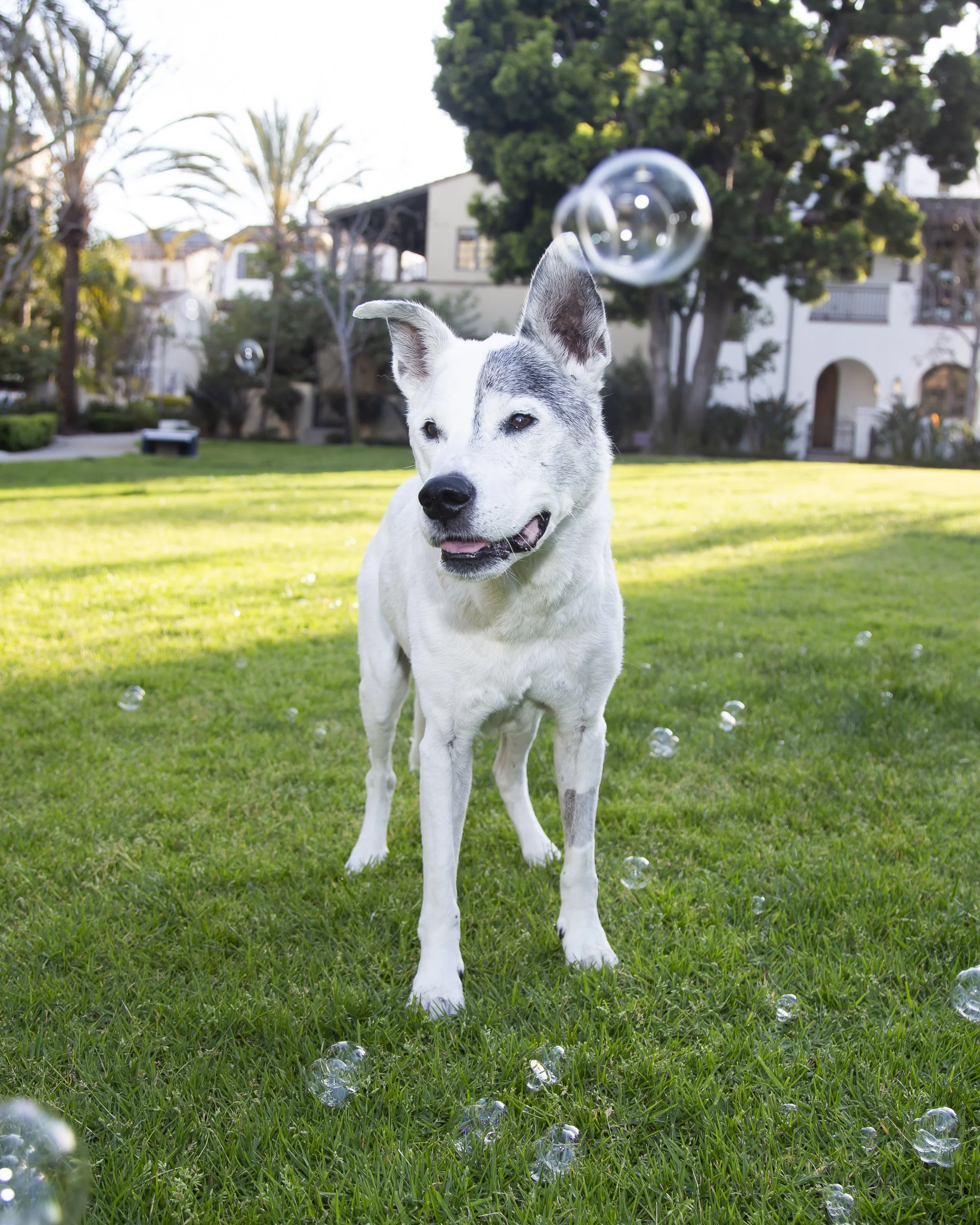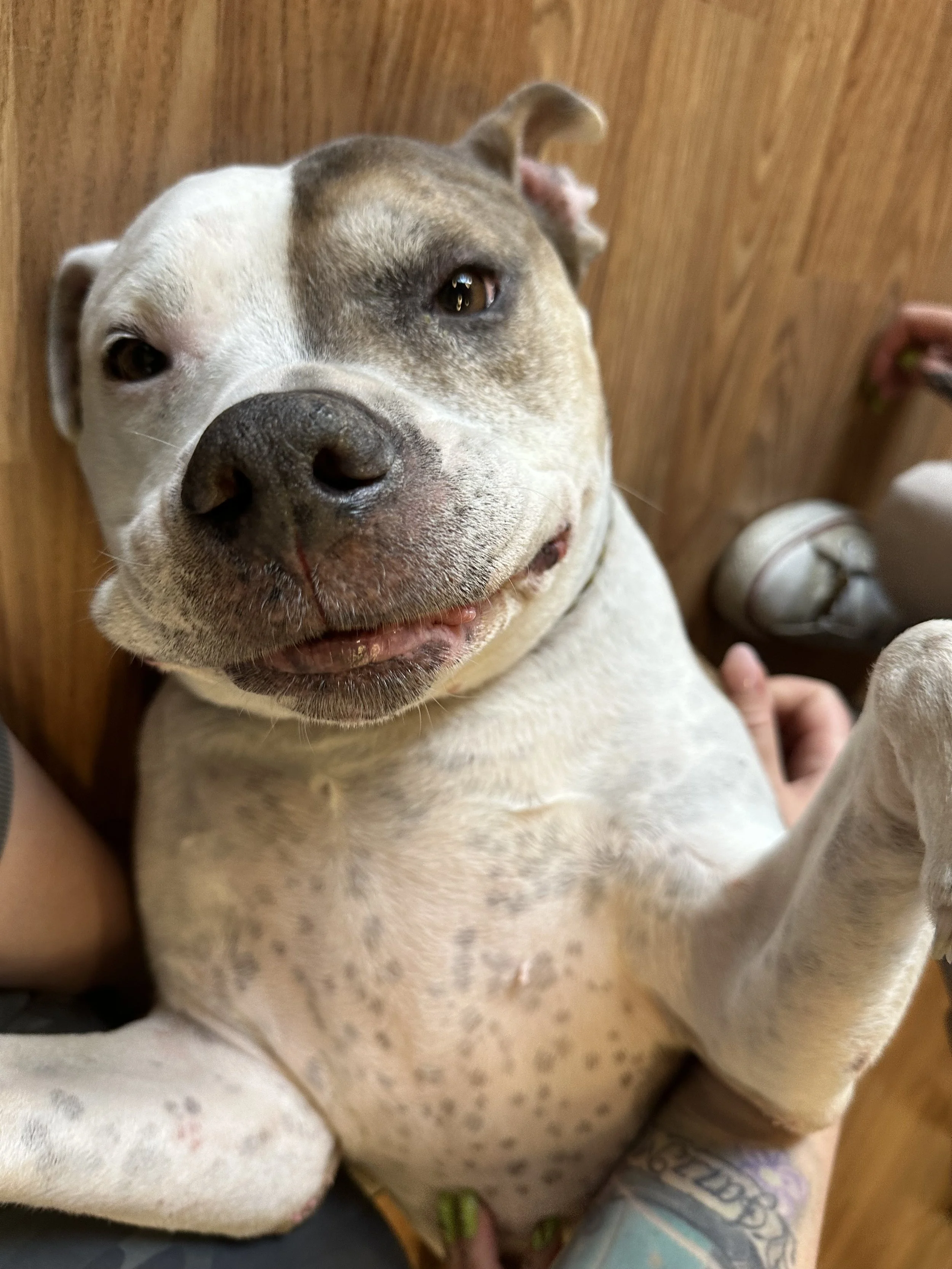Be Your Dog’s Best Advocate
Being your dog's best advocate is essential for ensuring their health, safety, and overall well-being. As their guardian, you are responsible for making informed decisions about their care and advocating for their needs in various situations. This includes advocating for their health by scheduling regular veterinary check-ups, staying up-to-date on vaccinations and preventive care, and addressing any concerns or changes in behavior promptly. Additionally, you play a crucial role in advocating for their safety by providing a secure environment, monitoring their interactions with other dogs and people, and taking precautions to prevent accidents or injuries. Being your dog's best advocate also means advocating for their comfort and happiness, whether it's ensuring they receive enough exercise and mental stimulation, providing a balanced diet, or advocating for their rights in public spaces. By being proactive, informed, and attentive to your dog's needs, you can serve as their voice and ensure they lead a fulfilling and healthy life. Obviously there are thousands of ways to be their advocate, but here is a non-comprehensive starting point.
How To Be Your Dog’s Best Advocate:
Schedule regular yearly exams (and bi-annual exams for seniors)
Pay close attention to their bloodwork
Make sure your dogs are properly vaccinated for their environment and life stage.
ALWAYS keep your dog on a leash in public places.
Feed them quality, wholesome food (avoid over processed kibble whenever possible)
Invest in their training
Get quality pet insurance to help in times of emergencies
Be open with your veterinarian about any concerns, issues or questions. Don’t be afraid to ask questions, or even disagree if you feel strongly about something. A good veterinarian will have these conversations with you.
Don’t be afraid to muzzle your dog for their own safety (and muzzle train them before hand!).
Be prepared in case of emergencies with a first aid kit.
Learn dog CPR.
Don’t be afraid to tell someone no if they ask to pet your dog and you’re worried about your dog being fearful or afraid. IT’S OK TO SAY NO.
Focus on PERFECTING commands that gets your dog back to your side immediately and prevents them from running out of thresholds / doors.
Be aware of your surroundings, always.
Make sure your dog wears a dog seat-belt while in the car and is safely contained.
The Good Boy Foundation is committed to providing valuable resources and education to empower pet parents in caring for their furry companions. However, it's important to note that the information provided on our website is intended for educational purposes only and should never replace the advice or treatment provided by a licensed veterinarian. While we strive to offer accurate and helpful guidance, we cannot be held responsible for any outcomes or consequences resulting from the application of this information. Pet parents are encouraged to consult with their veterinarian for personalized guidance and recommendations tailored to their pet's specific needs and circumstances.




